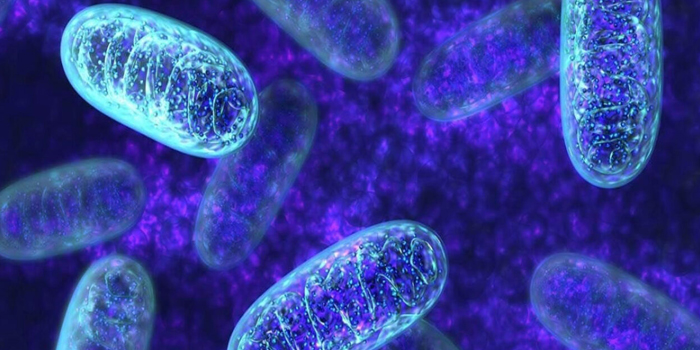Mitochondria are highly dynamic organelles that play a central role in the cellular metabolism. The classical function to generate energy (ATP) supported by mitochondrial respiration relies on the availability of NADH and FADH2 from tricarboxylic acid (TCA) cycle. Recent evidence demonstrate that TCA cycle activity is highly dependent on calcium uptake provided from endoplasmic reticulum-mitochondria communication mediated by InsP3 receptor and MCU complex. Mitochondria can oxidize glucose-derived pyruvate, lactate, fatty acids,and glutamine according to the cellular requirements and the ability of rewiring these pathways contributes to the pathophysiology of non-communicable diseases such as thrombosis risk and cancer. A diversity of metabolic phenotypes is recognized by controlling the ROS production, epigenetics, biosynthesis, and cell fate; however, the precise regulatory mechanisms remains poorly understand.


